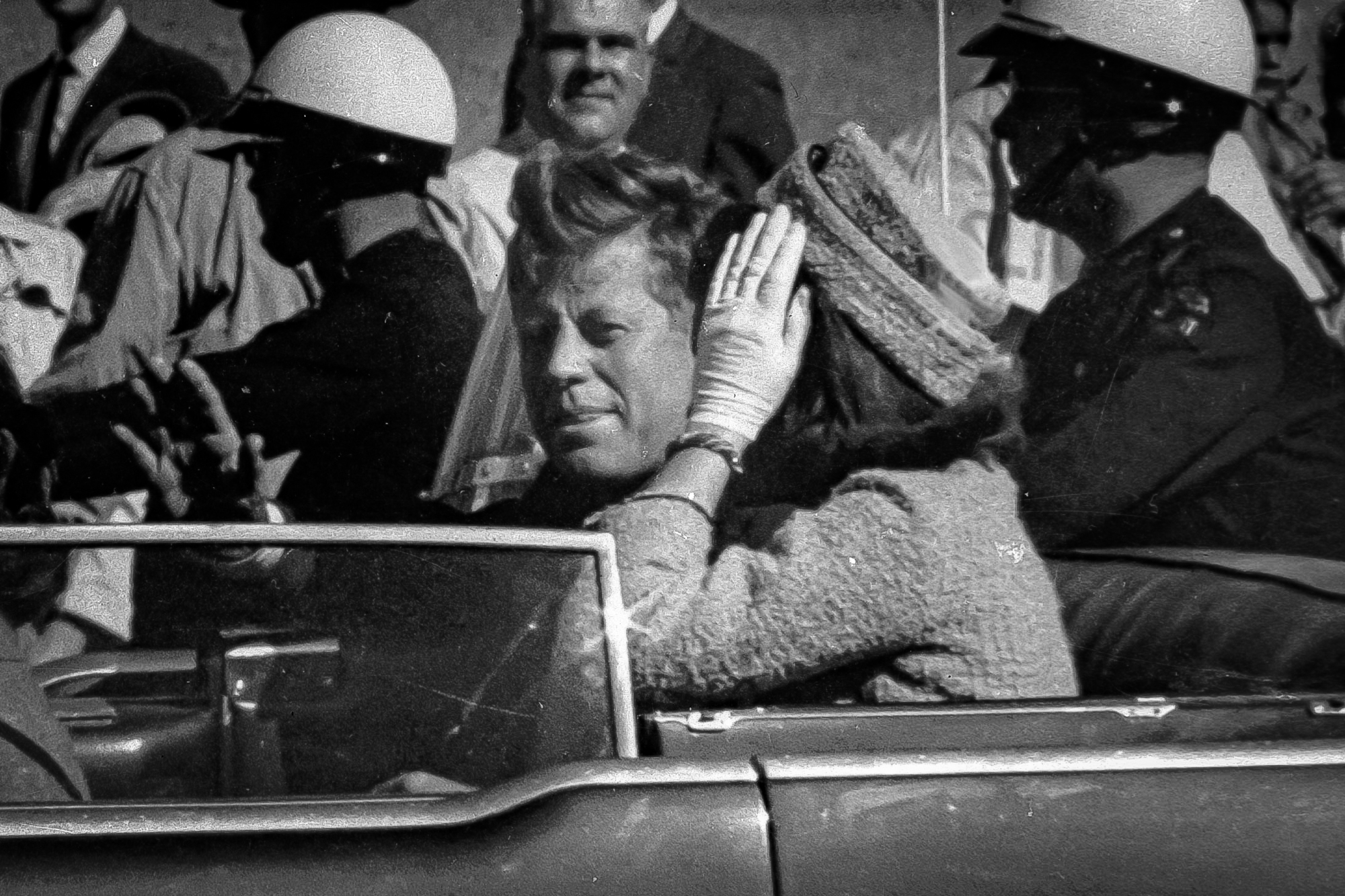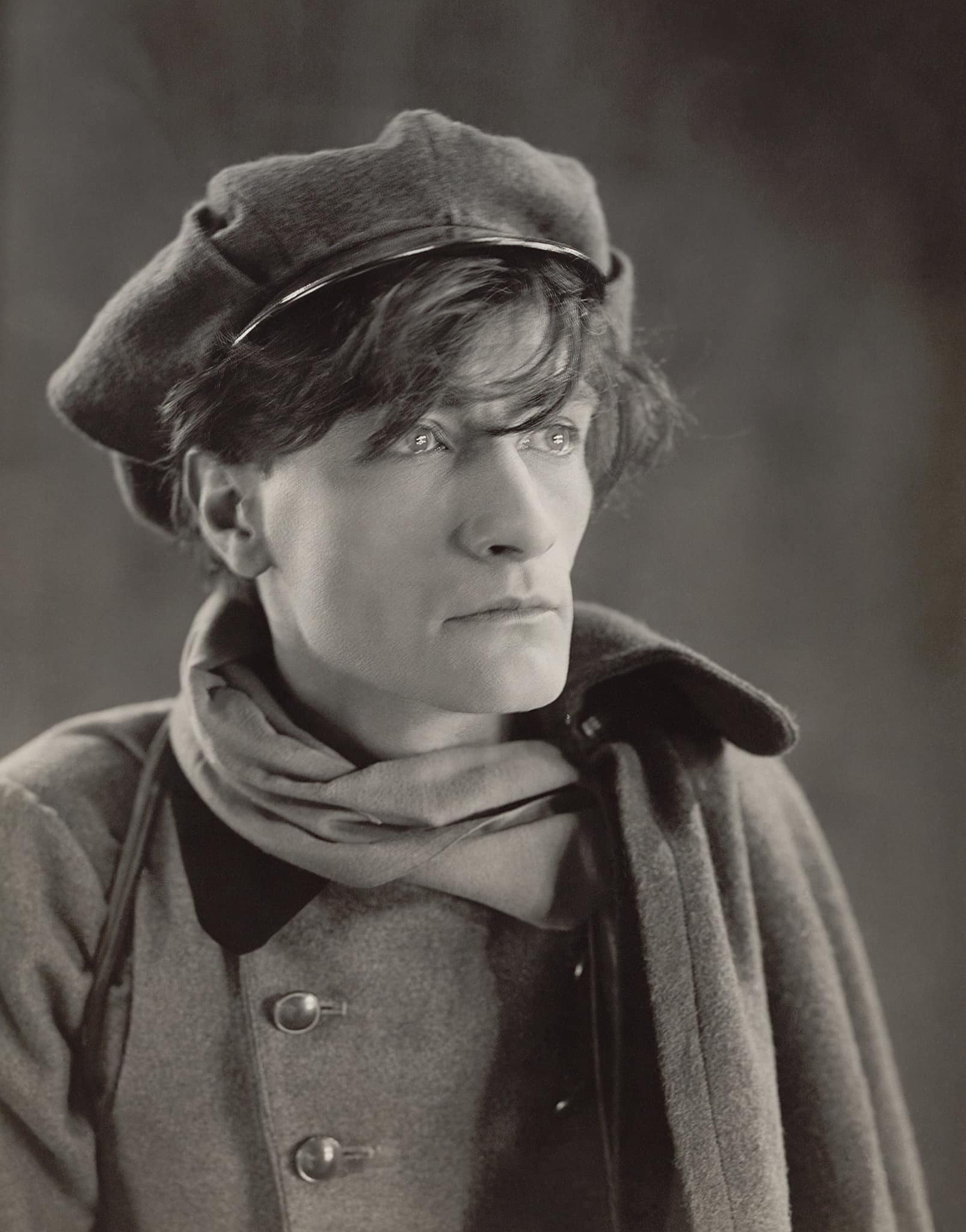Blog
George Allen “Buddy” Miles Jr. (September 5, 1947 – February 26, 2008) was an American composer, drummer, guitarist, vocalist and producer. He was a founding member of the Electric Flag (1967), a member of Jimi Hendrix‘s Band of Gypsys(1969–1970), founder and leader of the Buddy Miles Express and later, the Buddy Miles Band. Miles also played and recorded with Carlos Santana, John McLaughlin, and others. He also sang lead vocals on the California Raisins claymation TV commercials and recorded two California Raisins R&B albums.
Miles was born in Omaha, Nebraska, on September 5, 1947. Miles’s father played upright bass for Duke Ellington, Count Basie, Charlie Parker, Dexter Gordon, and others. By age twelve, Miles had begun touring with his father’s band, the Bebops. He played with his father’s band for several years.
more...Loudon Snowden Wainwright III (born September 5, 1946) is an American singer-songwriter and occasional actor. He has released twenty-six studio albums, four live albums, and six compilations. Some of his best-known songs include “The Swimming Song”, “Motel Blues”, “The Man Who Couldn’t Cry”, “Dead Skunk”, and “Lullaby”. In 2007, he collaborated with musician Joe Henry to create the soundtrack for Judd Apatow‘s film Knocked Up. In addition to music, he has acted in small roles in at least eighteen television programs and feature films, including three episodes in the third season of the series M*A*S*H.
Reflecting upon his career in 1999, he stated, “You could characterize the catalog as somewhat checkered, although I prefer to think of it as a tapestry.” In 2017, Wainwright released his autobiography, Liner Notes: On Parents & Children, Exes & Excess, Death & Decay, and a Few of My Other Favorite Things. He is the brother of singer Sloan Wainwright and has four children, including musicians Rufus Wainwright, Martha Wainwright, and Lucy Wainwright Roche. He has been married and divorced twice, including to folk singer Kate McGarrigle.
more...Amy Marcy Cheney Beach (September 5, 1867 – December 27, 1944 Henniker, New Hampshire) was an American composer and pianist. She was the first successful American female composer of large-scale art music. Her “Gaelic” Symphony, premiered by the Boston Symphony Orchestra in 1896, was the first symphony composed and published by an American woman. She was one of the first American composers to succeed without the benefit of European training, and one of the most respected and acclaimed American composers of her era. As a pianist, she was acclaimed for concerts she gave featuring her own music in the United States and in Germany.
more...John Milton Cage Jr. (September 5, 1912 – August 12, 1992 LA,CA) was an American composer and music theorist. A pioneer of indeterminacy in music, electroacoustic music, and non-standard use of musical instruments, Cage was one of the leading figures of the post-war avant-garde. Critics have lauded him as one of the most influential composers of the 20th century. He was also instrumental in the development of modern dance, mostly through his association with choreographer Merce Cunningham, who was also Cage’s romantic partner for most of their lives.
Cage’s teachers included Henry Cowell (1933) and Arnold Schoenberg (1933–35), both known for their radical innovations in music, but Cage’s major influences lay in various East and South Asian cultures. Through his studies of Indian philosophy and Zen Buddhism in the late 1940s, Cage came to the idea of aleatoric or chance-controlled music, which he started composing in 1951. The I Ching, an ancient Chinese classic text and decision-making tool, became Cage’s standard composition tool for the rest of his life. In a 1957 lecture, “Experimental Music”, he described music as “a purposeless play” which is “an affirmation of life – not an attempt to bring order out of chaos nor to suggest improvements in creation, but simply a way of waking up to the very life we’re living”.
Cage’s best known work is the 1952 composition 4′33″, a piece performed in the absence of deliberate sound; musicians who present the work do nothing but be present for the duration specified by the title. The content of the composition is intended to be the sounds of the environment heard by the audience during performance. The work’s challenge to assumed definitions about musicianship and musical experience made it a popular and controversial topic both in musicology and the broader aestheticsof art and performance. Cage was also a pioneer of the prepared piano (a piano with its sound altered by objects placed between or on its strings or hammers), for which he wrote numerous dance-related works and a few concert pieces. These include Sonatas and Interludes (1946–48).
more...
President John F. Kennedy is seen riding in motorcade approximately one minute before he was shot in Dallas, Tx., on Nov. 22, 1963. In the car riding with Kennedy are Mrs. Jacqueline Kennedy, right, Nellie Connally, left, and her husband, Gov. John Connally of Texas. (AP Photo/Jim Altgens)
It haunts this cosmic close-up of the eastern Veil Nebula. The Veil Nebula itself is a large supernova remnant, the expanding debris cloud from the death explosion of a massive star. While the Veil is roughly circular in shape and covers nearly 3 degrees on the sky toward the constellation of the Swan (Cygnus), NGC 6995, known informally as the Bat Nebula, spans only 1/2 degree, about the apparent size of the Moon. That translatesto 12 light-years at the Veil’s estimated distance, a reassuring 1,400 light-years from planet Earth. In the composite of image data recorded through narrow band filters, emission from hydrogen atoms in the remnant is shown in red with strong emission from oxygen atoms shown in hues of blue. Of course, in the western part of the Veil lies another seasonal apparition: the Witch’s Broom Nebula.

more...
Biréli Lagrène (born 4 September 1966) is a French jazz guitarist who came to prominence in the 1980s for his Django Reinhardt–influenced style. He often performs in swing, jazz fusion, and post-bop styles.
Lagrène was born in Soufflenheim, Alsace, France, into a Romani family and community. His father and grandfather were guitarists, and he was raised in the Gypsy guitar tradition. He started playing at age four or five and by seven was improvising jazz in a style similar to that of Django Reinhardt, whom his father admired and wanted his sons to emulate. In 1980, while in his early teens, he recorded his first album, Routes to Django: Live at the Krokodil (Jazzpoint, 1981).
During the next few years, Lagrène toured with Al Di Meola, Paco de Lucía, and John McLaughlin, all of them guitarists, and played with Benny Carter, Benny Goodman, and Stéphane Grappelli. He joined Larry Coryell and Vic Juris in New York City for a tribute to Reinhardt in 1984 and went on tour with Coryell and Philip Catherine. He also performed with Jaco Pastorius, Stanley Clarke, the Gil Evans Orchestra, Christian Escoudé, and Charlie Haden. In 1989 he performed in a duo with Stanley Jordan.
more...David Liebman (born September 4, 1946 Brooklyn, NY) is an American saxophonist, flautist and jazz educator. He is known for his innovative lines and use of atonality. He was a frequent collaborator with pianist Richie Beirach.
In June 2010, he received a NEA Jazz Masters lifetime achievement award from the National Endowment for the Arts (NEA). David Liebman was born in 1946 into a Jewish family in Brooklyn, New York. As a child in 1949, he contracted polio.
more...
Anderson Meade “Lux” Lewis (September 4, 1905 – June 7, 1964) was an American pianist and composer, remembered for his playing in the boogie-woogie style. His best-known work, “Honky Tonk Train Blues“, has been recorded by many artists.
Lewis was born in Chicago, though some sources state Louisville, Kentucky, on September 4, 1905 (September 3 and 13 have also been cited as his date of birth in sources). In his youth he was influenced by the pianist Jimmy Yancey.
more...Darius Milhaud (French: [daʁjys mijo]; 4 September 1892 – 22 June 1974) was a French composer, conductor, and teacher. He was a member of Les Six—also known as The Group of Six—and one of the most prolific composers of the 20th century. His compositions are influenced by jazz and Brazilian music and make extensive use of polytonality. Milhaud is considered one of the key modernist composers. A renowned teacher, he taught many future jazz and classical composers, including Burt Bacharach, Dave Brubeck, Philip Glass, Steve Reich, Karlheinz Stockhausen and Iannis Xenakisamong others.
more...
Although the shape is unusual, the type of structure is not: it is part of an evolving solar prominence. Looping magnetic fields on the Sun channel the flow of energetic particles, sometimes holding glowing gaseous structures aloft for months. A prominence glows brightly because it contains particularly hot, dense, or opaque solar plasma. The surprising triangular structure occurred last week. Larger than our Earth, the iconic prominence was imaged by several solar photographers and documented by NASA’s Solar Dynamic Observatory to form and violently dissipate in about a day. The featured image was captured in a color of red light emitted strongly by hydrogen. Below, solar fibrils carpet the Sun’s chromosphere, while the background sky is so faint in comparison that no stars are visible. Our Sun’s surface has been quite active this year.

more...
Dorothy Masuka (3 September 1935 – 23 February 2019) was a Zimbabwe-born South African jazz singer.
Masuka’s music was popular in South Africa throughout the 1950s, but when her songs became more serious, the government began questioning her. Her song “Dr. Malan,” mentioning difficult laws, was banned and in 1961 she sang a song for Patrice Lumumba, which led to her exile. This exile lasted 31 years in total during which she lived in Zambia and worked as a flight attendant. She returned to Zimbabwe in 1980 after independence.
In August 2011, Dorothy Masuka and Mfundi Vundla, creator of the popular South African soap opera Generations, confirmed plans to make a film of Masuka’s life. The film would concentrate on the years 1952 to 1957.
On 27 April 2017 she featured in the concert “The Jazz Epistles featuring Abdullah Ibrahim & Ekaya,” at The Town Hall, New York City, opening the show and delivering “one passionate performance after another, warming up and winning over the crowd”.
Dorothy Masuka died in Johannesburg on 23 February 2019, at the age of 83.
more...Granville William “Mickey” Roker (September 3, 1932 – May 22, 2017) was an American jazz drummer.
Roker was born into extreme poverty in Miami to Granville (Sr.) and Willie Mae Roker. After his mother died (his father never lived with them), when he was only ten, he was taken by his grandmother to live in Philadelphia with his uncle Walter, who gave him his first drum kit and communicated his love of jazz to his nephew. He also introduced the young Roker to the jazz scene in Philadelphia, where drummer Philly Joe Jonesbecame Roker’s idol.
In the early 1950s, he began to gain recognition as a sensitive yet hard-driving big-banddrummer. He was especially favored by Dizzy Gillespie, who remarked of him that “once he sets a groove, whatever it is, you can go to Paris and come back and it’s right there. You never have to worry about it.”[4] Roker was soon in demand for his supportive skills in both big-band and small-group settings.
While in Philadelphia he played with Jimmy Oliver, Jimmy Heath, Jimmy Divine, King James and Sam Reed before moving to New York in 1959, where his first gigs were with Gigi Gryce, Ray Bryant, Joe Williams, Junior Mance, Nancy Wilson and the Duke Pearson big band.
In 1965 Mickey joined Art Farmer and Benny Golson’s revamped group, the “New York Jazz Sextet”.
In 1992, he replaced Connie Kay in the Modern Jazz Quartet.
He recorded with Dizzy Gillespie, Sonny Rollins, Duke Pearson, Tommy Flanagan, Ella Fitzgerald, Zoot Sims, Horace Silver, Junior Mance, Sarah Vaughan, Milt Jackson, Herbie Hancock, Phil Woods, Oscar Peterson, Ray Brown, Bucky Pizzarelli, Stanley Turrentine, Toshiko Akiyoshi, Hank Jones, Bobby Hutcherson, Joe Locke, and many other jazz musicians.
more...Freddie King (September 3, 1934 – December 28, 1976) was an American bluesguitarist, singer and songwriter. He is considered one of the “Three Kings of the Blues Guitar” (along with Albert King and B.B. King, none of whom was a blood relative).Mostly known for his soulful and powerful voice and distinctive guitar playing, King had a major influence on electric blues music and on many later blues guitarists.
Born in Gilmer, Texas, King became acquainted with the guitar at the age of six. He started learning the guitar from his mother and his uncle. King moved to Chicago when he was a teenager; there he formed his first band the Every Hour Blues Boys with guitarist Jimmie Lee Robinson and drummer Frank “Sonny” Scott. As he was repeatedly being rejected by Chess Records, he got signed to Federal Records, and got his break with single “Have You Ever Loved a Woman” and instrumental “Hide Away“, which reached number five on the Billboard magazine’s rhythm and blues chart in 1961. It later became a blues standard. King based his guitar style on Texas blues and Chicago bluesinfluences. The album Freddy King Sings showcased his singing talents and included the record chart hits “You’ve Got to Love Her with a Feeling” and “I’m Tore Down”.[3] He later became involved with producers who were more oriented to rhythm and blues and rock and was one of the first bluesmen to have a multiracial backing band at performances.
He was inducted into the Rock and Roll Hall of Fame by ZZ Top in 2012 and into the Blues Hall of Fame in 1982. His instrumental “Hide Away” was included in the Rock and Roll Hall of Fame’s list of “500 Songs that Shaped Rock“. He was ranked 19th in the Rolling Stone magazine’s 2023 edition of 250 greatest guitarists of all time.
more...More Posts
- Flamenco Fridays with Paco de Lucia
- Surviving the Pandemic and Realizing Racial Justice
- The Cosmos with Cygnus the Swan
- Didier Lockwood
- Sérgio Mendes
- Little Johnny Taylor
- Gene Vincent
- Josh White
- World Fusion with Delgres
- Daily Roots with Clarke & George
- Maya and Hendrix 2021
- Surviving the Pandemic and Realizing Racial Justice
- The Cosmos with Aquila in the Milky Way
- Rufus Reid
- Manu Dibango
- Roland Hanna
- Chick Webb
- World Fusion with Opium Moon
- Daily Roots with the Maytones
- Surviving the Pandemic and Realizing Racial Justice
